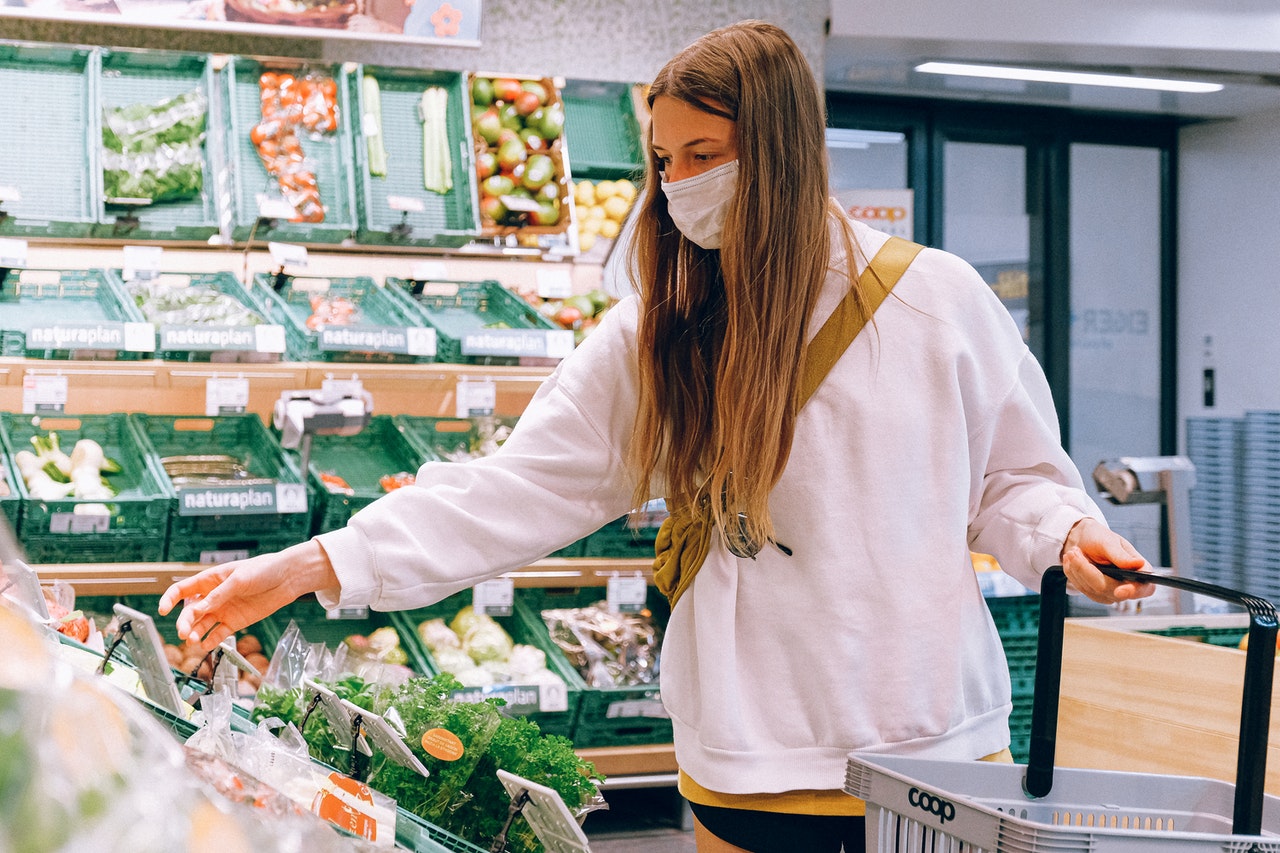After PM Boris Johnson imposed dreaded “Plan B” restrictions in December of last year, masks were made mandatory once more on public transport and in shops. Furthermore, the controversial coronavirus passports were reintroduced for nightlife venues all over the country, throwing the UK’s hospitality and leisure industry into disarray once more during the festive period, potentially the industry’s most lucrative time.
However, after a bumpy start to the New Year, it was announced on the 19th January that with the fall in infection rates and plateauing of hospital admissions, “Plan B” restrictions would be scrapped from this Thursday onwards. Johnson said in a statement to the House of Commons that work-from-home guidance and coronavirus passports, as well as the compulsory wearing of face masks, would both give way to the previous “Plan A” guidelines we were all living with back in November.
It is no surprise that the announcement has made waves over the last week, and that the news has been welcomed by the hospitality and leisure industries. It is the leisure and hospitality industry that has suffered most acutely from the imposition of further restrictions. Michael Kill, the CEO of the Night Time Industries Association, said: “we welcome the removal of the restrictions for the night-time economy and hospitality sector.” He continued, saying: “Following an extremely difficult two years for the night-time economy and hospitality sector, which has been, in every sense, at the sharpest end of the pandemic throughout, we are finally able to plan for the future with some level of certainty and without debilitating restrictions.”
We are used to hearing statements such as these released as the pandemic fluctuates, and restrictions alternately tighten and lift. The news is definitely positive, as many of us in the industry are finally able to get excited again about the possibilities for growth in 2022. However, statements such as the one Kill made do not translate into practical advice for your business heading into February. Many questions still linger – how will the office workers’ return affect your customer footfall? Will you still be able to impose coronavirus passport requirements in your venue if you so wish? Will the dissolution of government advice regarding face masks mean more people are likely to make bookings at the levels we were seeing in November?
We’re here to answer these questions. Statistics show that, even on the first day work from home advice was officially dropped, congestion levels rose from previous levels of 66% to 72% on the 20th in London. Similar trends were seen elsewhere in the country, although in Birmingham and Leeds congestion actually dropped slightly (figures collected from TomTom). Of course, these statistics cannot prove anything conclusively, but they do show that people are willing to return to the office again. With the return of office working comes a much larger demand for restaurants, cafes, and shops. If you operate a retail or hospitality business in a city centre area, you are very likely to see an increase in your customer footfall and therefore, an increase in your profits.
Businesses lost profits after the need for coronavirus passports was introduced in mid-December. Therefore, the dissolution of Plan B restrictions last week has had a positive effect on the industry. Covid passes, which had been implemented in Scotland and Wales for weeks before England required them, caused a 30% and 26% drop-off in trade respectively, NTIA chief executive Michael Kill said. Young people were massively put off by the need for coronavirus documentation, as not only are they the most resistant to vaccination but they are also markedly less likely to be severely ill with coronavirus. However, if the requirement makes yourself, your staff, and your customers feel safer, you are still able to encourage customers to show their coronavirus documentation upon entry to your shop or venue. If your business does not rely on the custom of under-thirties, you may find it easier to impose such rules. However, it is worth noting that there is no decisive evidence yet that points towards the passports having any effect on the spread of the virus.
Lastly, will the dissolution of government advice regarding face masks mean more people are likely to make bookings at restaurants, bars, and cafes again? Currently, it is hard to ascertain how the lifting of Plan B restrictions will affect the general publics’ behaviour. Anecdotally, it seems people are happy to see the end of coronavirus restrictions across the country, in England, Wales, and Scotland; there has been an increase of 8% on public transport services in London over the past week according to TfL. People are beginning to move again, and with spring on its way, this can only really mean good things for our industry.
Words by Rebecca Clayton


